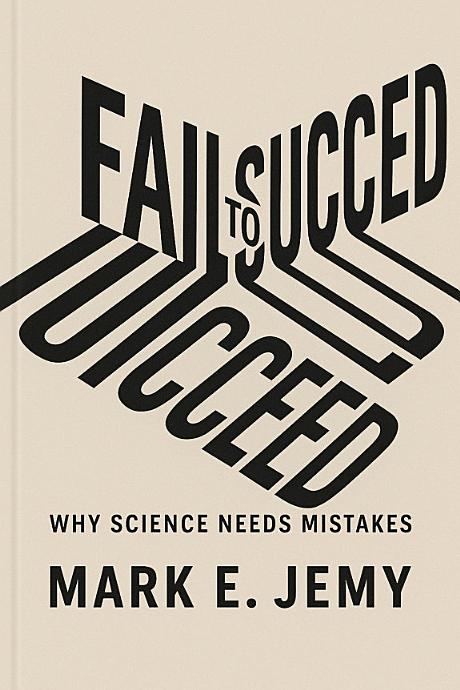Fail to Succeed: Why Science Needs Mistakes | Learning From Failure & Innovation: Discover how science’s biggest mistakes created history’s greatest breakthroughs
Fail to Succeed: Why Science Needs Mistakes
In the intricate world of science, not every path leads to expected outcomes. However, it's often the unexpected turns—the mistakes—that carve the way to groundbreaking discoveries. This book delves into the fascinating concept that failure is not the end but a pivotal point in the journey of scientific exploration.
The Role of Mistakes in Scientific Discovery
Scientific progress is not a linear journey. Mistakes, often seen as setbacks, play a crucial role in shaping the course of innovation. They challenge existing paradigms and lead to questions that drive further inquiry. By examining historical examples, we uncover how these 'failures' have been instrumental in creating new paths in scientific research.
Why Embracing Failure is Essential
Embracing failure is not about celebrating errors but recognizing their value. It is about learning and adapting, qualities that are essential for any scientific pursuit. This book highlights how embracing mistakes has led to some of the most significant breakthroughs in history.
- Mistakes as Catalysts for Innovation
- Learning from Historical Blunders
- Redefining Success in Science
The author translates complex scientific concepts into accessible insights. It shows how evidence, discovery, and curiosity weave together to change the way we perceive the universe, bridging the gap between knowledge and wonder.
The result is not just a collection of ideas, but a living dialogue that invites participation, self-inquiry, and perspective.
Ultimately, this book leaves the reader with a sense of clarity and curiosity — a reminder that understanding begins when we dare to question what we think we already know.

